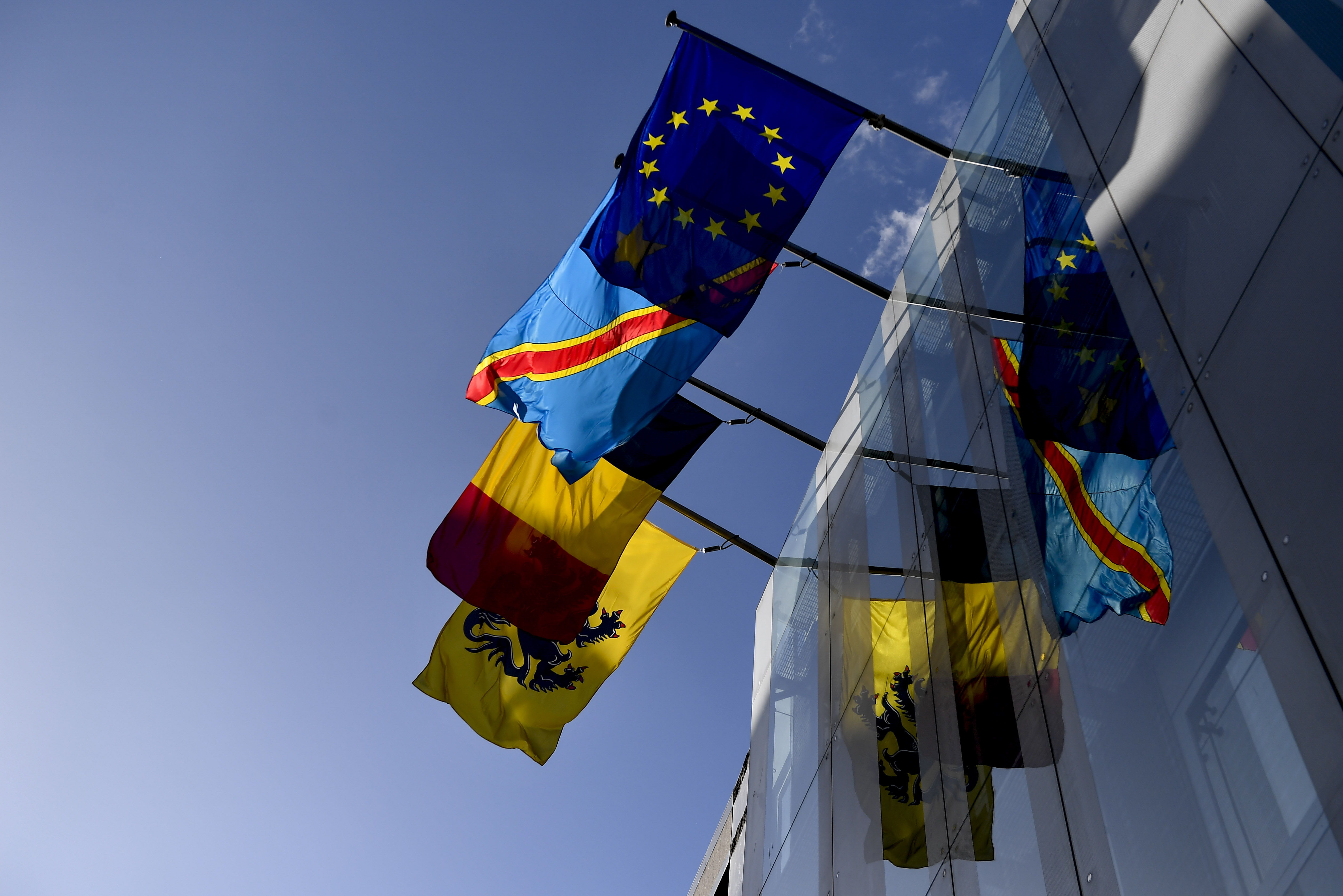'Recaptioning Congo' shows images from Congo's turbulent history as a colonised country

The exhibition 'Recaptioning Congo' runs until 15 January at FoMu in Antwerp and shows the undeniable role of photography in Belgian Congo. Using propaganda and African studio photography, photos from the colonial past are viewed with different eyes.
'Recaptioning Congo' shows images from Congo's long and turbulent history as a colonised country. The exhibition covers almost a hundred years of colonial history, starting in 1882, when Congo Free State was under the personal rule of Belgian King Leopold II, and ending in 1960 with Congolese independence.
What is striking about the images from this period is how African and European photographers used contrasting perspectives to show the sometimes troubling relationships between Africa and Europe, Belgium and Congo, and the past and present.
"Photography was essential to the way Belgium and the rest of the world viewed Congo," Belgian-Congolese curator and academic researcher Sandrine Colard told the Dutch newspaper Trouw.
For 'Recaptioning Congo', Colard conducted more than a decade of international research on Congolese photography. "I put a lot of work into making this exhibition as strictly scientific as possible. I did years of scientific research, searched archives and libraries, talked to many people and tried to reflect the history as balanced as possible. And no, it is not a pretty picture. It is painful."
Recaptioning Congo is a chronological journey through the various media, historical events and communities that shaped the development of photography in colonial Congo. The exhibition is on show at FoMu Antwerp until 15 January 2023.
Illustration shows Flemish, Belgian, Congolese and European flags on the building during a visit to the Antwerp World Diamond Center as Congo is one of the biggest diamonds producer, part of the offical visit of DRC Congo President for several days in Belgium, Wednesday 18 September 2019, in Brussels.
© BELGA PHOTO Dirk Waem